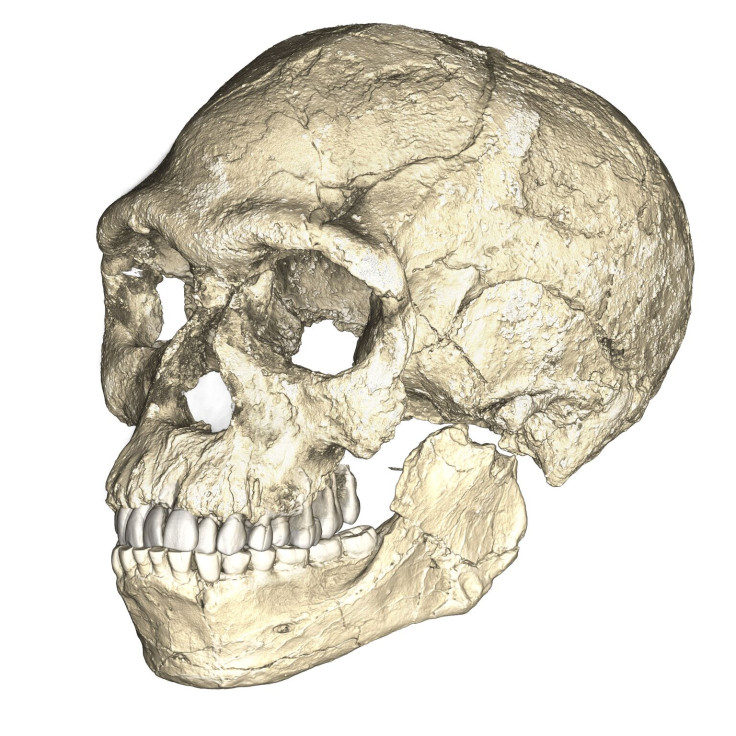Are homo sapiens going extinct like other animals? Evolutionary biologist explains
The human race may be fated for extinction but not so soon, explains the researcher.
We often wonder are we moving towards impending doomsday. Will homo sapiens face the same fate as several other extinct species on earth? An evolutionary biologist and paleontologist suggest the answer to the question about human's mass extinction is most definitely yes.
Nick Longrich, a senior lecturer at the University of Bath explains that just like other species, the human race is also set fated for extinction. In his article on academic and research community website The Conversation that "almost all the species that ever lived, over 99.9 percent, are extinct" including other human species such as Neanderthals, Denisovans, Homo erectus leaving behind Homo sapiens.
"Humans are inevitably heading for extinction. The question isn't whether we go extinct, but when," Longrich writes.
He explains that humans have a lot of vulnerabilities that make them susceptible to the extinction process when the time comes. The need for food for survival and catastrophes such as global warming remains a threat to our specie. However, humans might be vulnerable, but they are "resistant to extinction," explains the author.
He describes humans as "deeply strange species – widespread, abundant, supremely adaptable" because of which we might be here on Earth a little longer. The reason humans are widespread and abundantly covering the large area of our planet makes it hard for us to extinct. As per the author, even if a catastrophe or a pandemic is able to alleviate 99.9 percent of the population, there will still be millions of humans left to rebuild.
However, what makes humans so different than other living organisms is their ability to adapt.
"Rather than taking generations to change our genes, humans use intelligence, culture, and tools to adapt our behavior in years or even minutes," he explains.
Since humans are uniquely adaptable, Longrich suggests they might be capable of surviving a "mass extinction event." Nevertheless, adaptability could also become a problem for humans as they "create new dangers" for themselves in a quest to survive or dominate such as nuclear weapons, pollution, overpopulation, climate change, and more. However, systems that interconnect humans to each other allows us to support each other.

"This suggests a limited optimism. Homo sapiens have already survived over 250,000 years of ice ages, eruptions, pandemics, and world wars. We could easily survive another 250,000 years or longer," Longrich concludes. "The question isn't so much whether humans survive the next three or three hundred thousand years, but whether we can do more than just survive," he added.
© Copyright IBTimes 2025. All rights reserved.





















